
Custom is one of the growing number of companies focusing on adherence. It changed its name from Pack4U last year.

Custom is one of the growing number of companies focusing on adherence. It changed its name from Pack4U last year.

According to the company, clinical outcomes for 78 dry eye patients treated at a single center, the Cleveland Eye Clinic, showcased the duration of efficacy of a single, first-time treatment of MGD using the TearCare System.

Eli Lilly and Company and Boehringer Ingelheim announced their SGLT2 inhibitor, empagliflozin, was associated with statistically significant reductions in HbA1c relative to placebo therapy among a population of pediatric patients with type 2 diabetes in the DINAMO trial.

A new analysis suggests those with an increased body mass index and women were more likely to experience long COVID

New research adds more evidence of Black patients facing disparities in diabetes care.

European research examines antibiotic exposure and its potential impact on future type 2 diabetes risk.

New research indicates that glucose monitoring could lead to lifestyle changes during prediabetes.

Research shows that an increase in intermittent scanning helps improve glycemic control and reduce the fear of hypoglycemia.

An analysis of data from more than 640,000 people with diabetes recorded between 2015-2020 is providing new insight into what study investigators are calling "troubling" trends in the incidence of CKD in the face a growing diabetes epidemic.

Examining the benefits of using flash glucose monitoring in patients with type 1 diabetes.

New data indicate that a diabetes diagnosis may be associated with earlier onset of menopause.

The iLet Bionic Pancreas was associated with improved glycemic control and time in target glucose range compared to standard care in a cohort of people with type 1 diabetes aged 6-79 years of age.
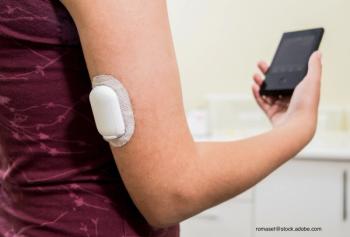
Two new studies offer conflicting results.

A study provides insight into the real-world effects of 2.4 mg semaglutide (Wegovy) for weight management.
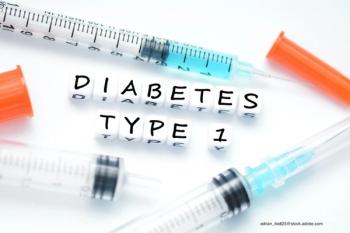
Modeling indicates a significant increase in patients with type 1 diabetes over the next several years.

The risk could allow unauthorized users to change insulin levels.
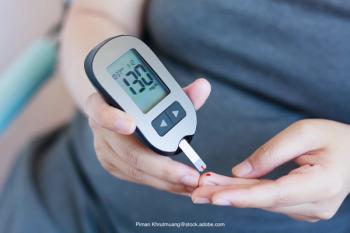
A survey offers new insight into patient preferences related to newer oral therapies in type 2 diabetes.

Research indicates that using an open-source automated insulin delivery systems can lead to greater glycemic control.
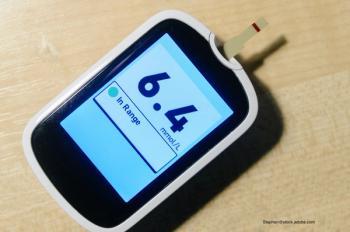
New research offers evidence that tirzepatide could help patients achieve glycemic goals.

Improved glycemic control could reduce the risk of diabetes-related brain damage among teens and adolescents with type 1 diabetes.

This recall of propofol because of particulates seen in vials follows a previous one in July 2022.

New research indicates the medication has cardioprotective properties.

New research examines how often immune-mediated inflammatory skin diseases occur in patients with inflammatory bowel disease.

New research looks at the potential benefits of long-term statin use in patients who are at increased risk of cardiovascular disease.

Using electronic medical record data from 2018-2020 obtained from 24 medical centers across the US, including Johns Hopkins, University of Colorado, and Mayo Clinic institutions, a new study suggests rates of youth onset type 2 diabetes increased 77% during the first year of the pandemic.

Used to treat a variety of concerns and found in many medicine cabinets, new research indicates that nonsteroidal anti-inflammatory drugs may pose a risk to patients with type 2 diabetes.
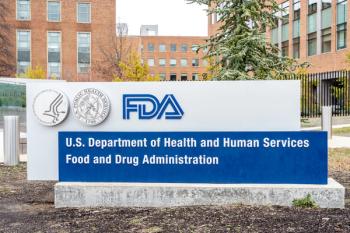
Clearance expands on initial clearance from January 2022.

Collaboration has been the name of the game in cardiometabolic care. Here's what's going on when managing patients who have type 2 diabetes and chronic kidney disease.

New research suggests there was a 53% greater 5-year risk of cardiovascular disease in men with type 2 diabetes who received a GnRH agonist for prostate cancer compared with their counterparts who did not receive GnRH agonists.

This is the first approved therapy targeted to patients with the HER2-low breast cancer subtype. Its approval comes four months ahead of its PDUFA action date.

Published: November 29th 2022 | Updated:

Published: June 1st 2022 | Updated:
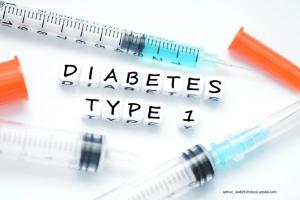
Published: September 22nd 2022 | Updated:

Published: September 29th 2022 | Updated:

Published: September 23rd 2022 | Updated:

Published: October 31st 2022 | Updated: